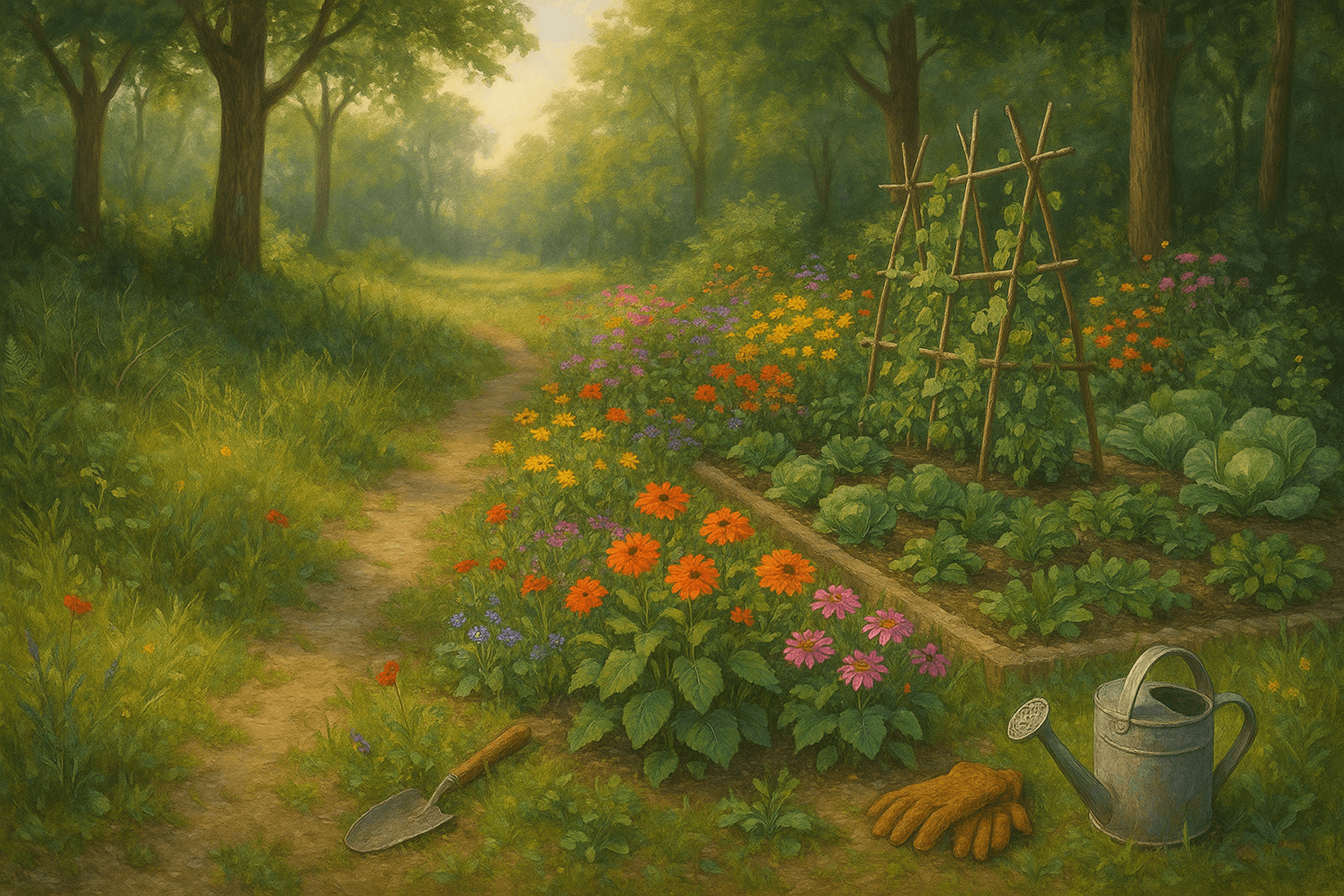Tending Our Garden Amid an Uncontrollable World

We cultivate our garden, because the world is not ours. — Voltaire
Voltaire’s Garden as Philosophical Retreat
Voltaire’s famous exhortation to ‘cultivate our garden’ at the end of his novella Candide (1759) encapsulates a philosophy of focusing on the tangible rather than the abstract. Here, he suggests that the sphere of our direct influence—symbolized by the garden—offers solace and purpose, especially in a world governed by chaos and uncertainty. While we may long to command the broader world, our real agency lies in nurturing the small corners we can truly tend.
The Limits of Human Control
Moving from the garden metaphor, Voltaire gently reminds us of our own limitations. The phrase ‘the world is not ours’ acknowledges the unpredictability of fate, nature, and society. History, rife with upheavals and disasters—from the Lisbon earthquake of 1755, which influenced Voltaire’s thinking, to wars and plagues—underscores humanity’s constrained grasp over external events. Thus, we are prompted to redirect our energy toward what is immediately at hand, rather than futilely striving to master an uncontrollable universe.
Personal Agency Amid External Uncertainty
Building on this idea, cultivating one’s own ‘garden’ can be seen as an assertion of personal agency. By tending our relationships, passions, and responsibilities, we create meaning where sweeping control is impossible. This reflects ancient wisdom from Stoic thinkers like Epictetus, who advocated focusing on what one can change while accepting what cannot be altered. Voltaire’s metaphor offers a secular echo of this pragmatic resilience.
Moral Responsibility in Microcosm
Furthermore, the garden suggests a model for ethical living. Rather than pursuing grandiose ambitions or attempting to reshape the world according to utopian ideals—a folly lampooned throughout Candide—Voltaire urges modest stewardship and responsibility. By caring for our immediate environment and community, we fulfill a moral duty that, while humble, radiates positive effects outwards. As Tolstoy wrote in Anna Karenina (1877), ‘Everyone thinks of changing the world, but no one thinks of changing himself’—a sentiment that dovetails with Voltaire’s advice.
Finding Contentment Through Mindful Effort
In conclusion, Voltaire’s statement invites us to find contentment in mindful effort. The act of cultivation—literal or metaphorical—becomes not just a retreat but also a source of inner peace and fulfillment. Rather than passivity, it champions a persistent, modest engagement with life’s realities. Through this, we may discover a sense of belonging and accomplishment, even as the larger world remains elusive and beyond our claims of ownership.